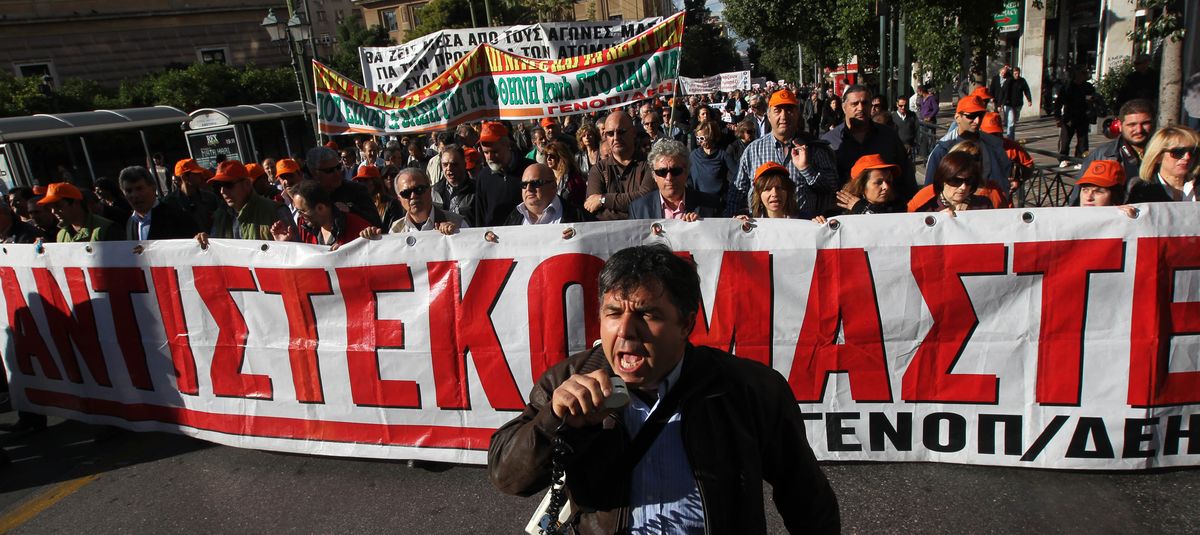Merkel, Sarkozy vow debt won’t sink euro
EU pledges $1 trillion for currency

BERLIN – The 16-nation euro currency will survive the debt crisis, German Chancellor Angela Merkel vowed Thursday, and a senior central banker said the European Union would be willing to increase its $1 trillion bailout fund if necessary.
Merkel and French President Nicolas Sarkozy also called for a swift conclusion of the negotiations for an Irish bailout.
Axel Weber, the head of Germany’s central bank and a leading rate-setter at the European Central Bank, said Thursday that European nations would be willing to boost the emergency fund by as much as $133 billion to fully cover the total public debt load of Greece, Ireland, Portugal and Spain.
But when Merkel and Sarkozy discussed the eurozone’s troubles on the phone Thursday evening they said the emergency fund for the euro would remain unchanged until it expires in 2013, German government spokesman Steffen Seibert said in a statement.
The leaders of Germany and France, the eurozone’s twin economic engines, said their governments are working “under high pressure on a joint proposal for a crisis mechanism that is to replace the current one beyond 2013,” the statement said.
Merkel and Sarkozy were impressed by the austerity budget presented by the Irish government, adding they agreed that the negotiations involving the Irish government, the EU and the International Monetary Fund “should swiftly be brought to a conclusion,” Seibert said.
Amid the ongoing sovereign debt crisis in the eurozone, the 16-nation currency wallowed near two-month lows against the dollar Thursday, trading at $1.3364 – down from a recent high of $1.4244 on Nov. 4. Some analysts predicted it would drop further as other heavily indebted countries, like Portugal and Spain, risk following Greece and Ireland in needing massive bailouts.
But Merkel said the euro currency will survive the debt crisis.
She said the crisis has strengthened the eurozone, leading EU leaders to agree on new rules for a tougher growth and stability pact, and bringing into operation the $1 trillion emergency fund.
“We now have a mechanism of collective solidarity for the euro,” she said. “And we all are ready, including Germany, to say that we now need a permanent crisis mechanism to protect the euro,” Merkel added.
Experts say that while rescuing Greece, Ireland or even Portugal is manageable for the EU’s emergency fund, bailing out Spain – whose economy is five times larger than any of the other three countries – would test its limits and threaten the euro’s existence.
“It’s not the euro that is in danger, it’s the fiscal policy in some member states that got out of hand,” Weber said. “The euro is one of the world’s most stable currencies.”
However, a spokesman for EU Monetary Affairs Commissioner Olli Rehn said there were no discussions to boost Europe’s emergency fund. “The financial backstops are in place and they are well and substantially funded,” said Amadeu Altafaj Tardio.
To get the bailout, Ireland on Wednesday unveiled a plan to cut $20 billion from its deficits through 2014. Opposition leaders in Dublin, however, vowed Thursday to rewrite Ireland’s harsh four-year austerity plan if, as expected, they oust Prime Minister Brian Cowen in early elections next year.